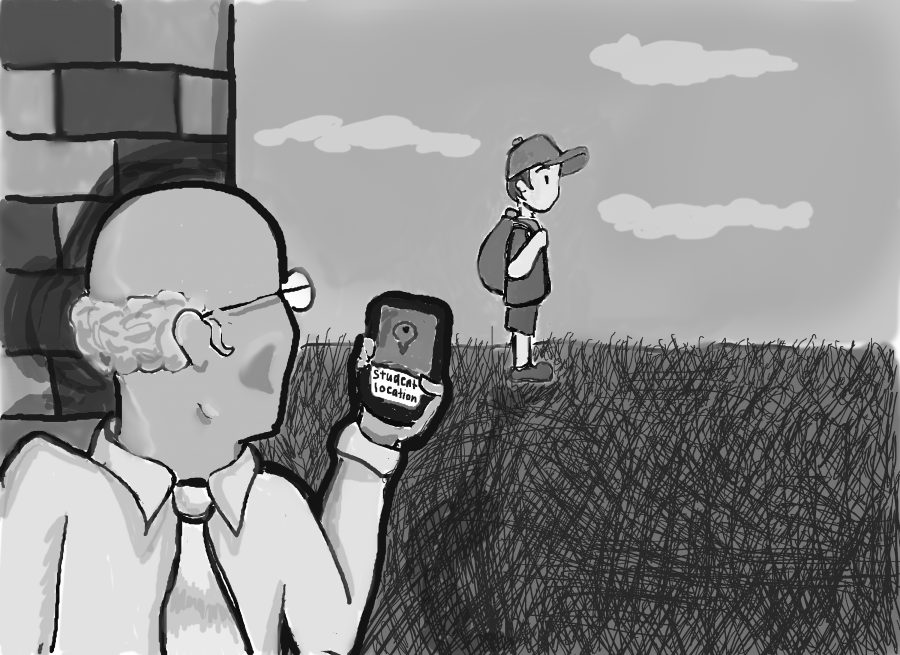Arkaive is a free app that uses geolocation to track your class attendance. Created by two University of Southern California graduates, Arkaive sells itself as simplifying the attendance process, but the reality of requiring an app that tracks students should raise eyebrows.
Dr. Lucy Atkinson, associate professor in the Stan Richards School, told me her two priorities when searching for a new system to take attendance were that it be cost-free and impossible to cheat. Arkaive seemed to fit the bill for both.
After describing the challenges of random attendance checks, overworked TAs hand-entering scribbled UT EID, and most importantly, trying to keep the cost of attending her classes as low as possible. “Arkaive seemed like a better solution,” Atkinson said. “But still not a perfect one.”
While Atkinson is aware that most students automatically balk at the idea of having one of their professors be able to geolocate them, “I kind of placate my concerns by thinking all (my students) are giving them is your email address, location and the class that you’re taking,” Dr. Atkinson said.
But when you read the terms and conditions on Arkaive’s website, there’s a bit more to it than that. Like most “free” apps, you’re paying with your information instead of cash.
According to Arkaive’s terms and conditions — that link next to the box you have to check before moving to the next screen — when using Arkaive, “you will be exposed to user content and submissions from a variety of sources” and “Arkaive is not responsible for the accuracy or truthfulness relating to such user content and submissions.” This means that Arkaive is selling ad space — you are their product, not their customer.
“I’m in favor of technologies that enable instructors and TAs to spend more time supporting student learning rather than taking care of tedious administrative tasks. But there are privacy and security issues,” Mary Crawford, an Instructional Designer with Moody College of Communication, wrote in an email about the use of Arkaive.
While Arkaive itself does not let professors look up a student’s exact location at any given time — it simply blocks “check-in” if your phone is in not in the designated classroom — using the app displays advertisements and forces the user to turn on Location Services, which some students choose to turn off for privacy or ad-avoidance reasons.
According to Crawford, the university doesn’t allow professors to require students to download an app if they don’t want to. And, to Dr. Atkinson’s credit, she’s been flexible and understanding with students who have had technical difficulties or, like myself, ethical dilemmas.
On a university-wide level, there’s no policy about whether or not it’s okay for professors to use a geolocation app.
“The University gives faculty members really broad discretion to do what they need to in their classes,” explained Joey Williams, director of communications in the Office of the Executive Vice President and Provost. “The faculty members to decide how and if they’ll take attendance, because the classes offered here are so diverse,” Williams said.
Privacy concerns have faded from the public view in the last few years, especially within our own generation. In 2016, 90 percent of smartphone owners used their phones for directions or other location related services. Arkaive wants to geolocate you to make sure you’re in class. Personal technology that tracks the user has become ubiquitous, but that does not make this trend benign.
While all of these services no doubt have the potential to be helpful in day to day life, it leaves me wondering: Where do we draw the line?
Josie MacLean is an advertising and geography junior from Austin.





















